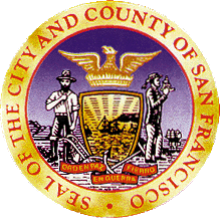Transcript: Community Broadband Bits Episode 227
This is episode 227 of the Community Broadband Bits Podcast. Chief Information Officer Paul Kronberger of Madison, Wisconsin, explains how the fiber network pilot project will help bridge the digital divide. Listen to this episode here.
Paul Kronberger: We specified we wanted to keep the costs very low and to remove as many barriers as possible for individuals to obtain this service.
Lisa Gonzalez: This is episode 227 of the Community Broadband Bits Podcast from the Institute for Local Self-Reliance. I'm Lisa Gonzalez. Madison, Wisconsin, has embarked on a pilot project with multiple purposes. As the community seeks ways to improve connectivity citywide, they will use the project to collect data about benefits of providing services to the community. Simultaneously, the project will bring fast, affordable, reliable connectivity to areas of the city with the highest concentration of low-income households. In this interview, Chris talks with Paul Kronberger, Madison's Chief Information Officer, who offers more details about the Connecting Madison pilot program. In addition to describing the aims of the project, Paul explains how the city is using existing assets and how they're contending with restrictive state law as they embark on their partnership with a private ISP. Now, here's Chris with Paul Kronberger, Chief Information Officer for Madison, Wisconsin, discussing the pilot program to help bridge the city's digital divide.
Christopher Mitchell: Welcome to another addition of the Community Broadband Bits Podcast. I'm Chris Mitchell. Today, I'm speaking with Paul Kronberger, the CIO of Madison, Wisconsin. Welcome to the show.
Paul Kronberger: Thank you. Glad to be here.
Christopher Mitchell: I'm also glad to have you here. It's a bit of a rivalry time between Minnesota and Wisconsin, but I'm happy to learn more about what's happening over there. For people who aren't familiar with Madison, the home of incredible football and basketball teams, can you tell them a little bit about your city?



